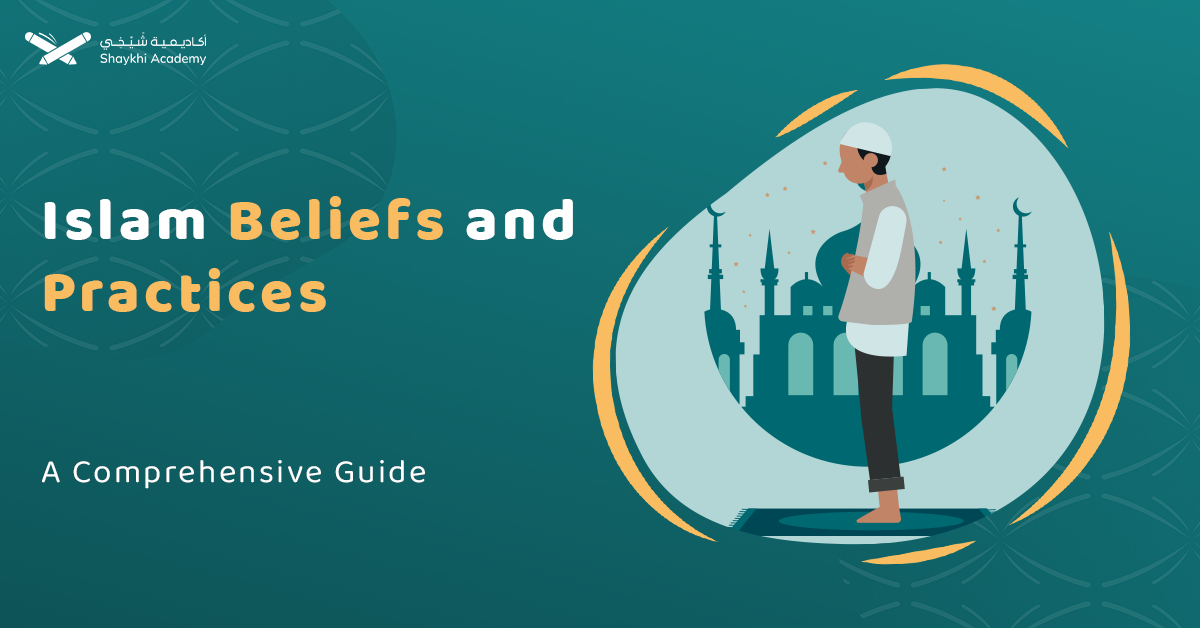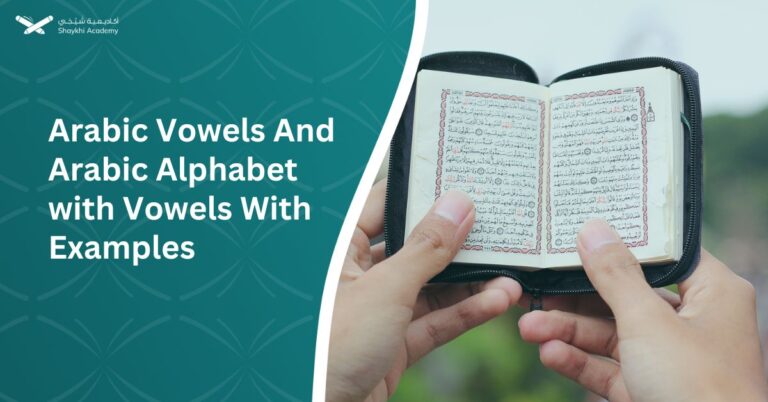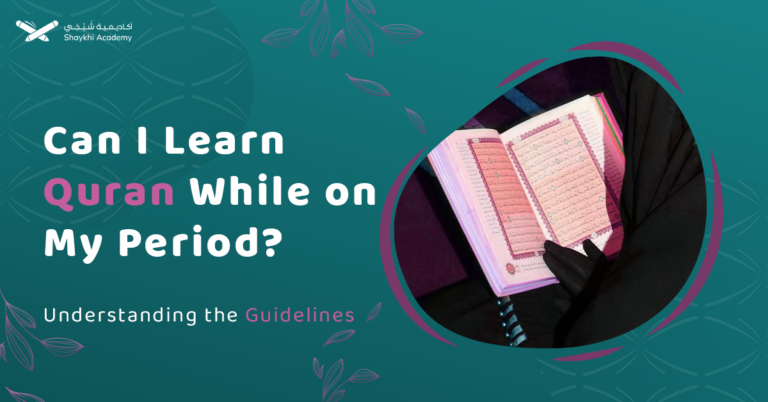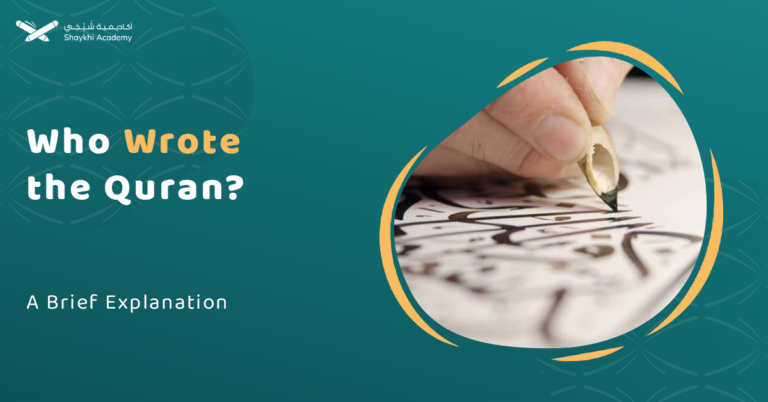Beliefs of Islam are divided into two parts, intellectual beliefs and practical beliefs. Muslims do the practical ones to prove the sincerity of their Islam and their faith. These practical beliefs can be called the actual practices of Islam.
Gabriel came and asked the Prophet, “What is Islam?” Allah’s Messenger (PBUH) replied, “To worship Allah Alone and none else, to offer prayers perfectly to pay the compulsory charity (Zakat) and to observe fasts during the month of Ramadan.” Sahih al-Bukhari 50. Narrated Abu Huraira:
In this article, we will cast light on the major beliefs and the basic beliefs of Islam; we will illustrate the different aspects between the two concepts. Go no further.
Major Beliefs Of Islam:
In Islam, there are five main pillars. They are considered the basic beliefs and practices of Islam.
On the authority of Abdullah ibn Umar ibn Al-Khattab (may Allah be pleased with him) who said: I heard the Messenger of Allah (peace be upon him) say: “Islam has been built on five [pillars]: testifying that there is no god but Allah and that Muhammad is the Messenger of Allah, performing the prayers, paying the Zakat, making the pilgrimage to the House, and fasting in Ramadan”. [Bukhari & Muslim]
In the following sections, we will cast light on each one of the five Pillars of Islam. Keep reading.
1. Declaration of Monotheism
Reporting testimony “shahadah”.is the first deed of the five pillars of Islam. A Muslim shall testify that there is no god but Allah, and Mohammed is His servant and His Messenger. The first phrase states that there is no one in existence, except Allah, who alone deserves worship, blessing and exaltation.
It also means that the only one who has the right to be testified is Allah, He neither has a partner nor an equivalent. He is One of One with all glorious names and qualities. The second phrase testifies that Mohammed is His servant and the last of the prophets.
Reporting testimony is the top principle of Faith. It testifies the belief of Allah’s Oneness “Tauhid” and the belief of the valid prophethood of His Messenger Muhammad. It is repeated ten times a day during the two greetings (Tashahhud) of each obligatory Salah: “I testify that there is no God but Allah, Muhammad is His servant and Messenger”.
The monotheistic testimony declares the faithful acknowledgement of the validity of a Muslim’s faith; they share no other one with their Creator. This testimony is the first pillar of Islam on which all other pillars build.
2. Performing the Prayers
It is the second pillar of Islam. It is the first deed that the Muslim servant will be judged for on the Day of Resurrection. If it is sound, all other deeds and worship will be sound.
Prayer is the connection between the servant and His creator. Performing this pillar reassures the unwavering belief of a right-minded adult Muslim’s that they must perform five obligatory timed prayers every day and night,
A Muslim must perform their prayers in a perfect way taking into account fulfilling its right movements, and its righteous manner in a sound way.
Muslims must be in a state of purity and cleanliness before performing their prayers “Salawat”. Muslims’ obligatory prayers are the Dawn Prayer “Salat Al-Fajr”, Noon Prayer “Salat Edh-Dhohir”, Afternoon Prayer, “Salat Al-3sr”, the Sunset Prayer “Salat Al-Maghrib” and the Night Prayer “Salat El-3esha”.
Performing prayers resembles the true attitude and valid submission towards Allah the Almighty alone, no one else.
3. Delivery of Zakah and Charity
The word “Zakat” in the Arabic language literally means “purification”. It is a portion of someone’s money to purify the rest of their wealth.
Giving Zakah is the third pillar of the five pillars of Islam. It is an enforceable right or a duty in one’s wealth under specific conditions at a specific timing.
Zakah is the appropriate amount of money that must be taken out of a Muslim’s wealth for the people who deserve this right. This amount of money is determined according to Islamic law and strictly regulated under conditions of specified rules.
The visible philosophy of Zakah is giving out a fixed portion of money to the poor people. The invisible philosophy of Zakat is to ensure deep social justice. It aims to raise the most impoverished to the level of least-affluent. It aims to teach Muslims how not to use their wealth in selfish ways.
4. Fasting In Ramadan and voluntarily fasting
The fourth pillar of the five pillars of Islam is fasting. It is meant to fast in Ramadan, the ninth month of the Islamic calendar. It does not include fasting on other days unlike the days of Ramadan Month. Ramadan is a Holy month, “Shahir Mubark”, the Holy Quran was revealed to Muhammad during this month.
The fast act starts from the beginning of the dawn until the beginning of the night. Fasting means to give up food, drink, sexual intercourse and all other bad deeds that infuriate Allah. Muslims do that for the purpose of approaching and obeying Allah’s holy commands.
A servant Muslim is not considered to be a true fastie (sayem) unless they give up all sensual and moral sins that invalidate fasting; the sensual transgressions are to eat and drink, and the moral transgressions are all the evil deeds such as Lying, cheating, theft or insulting someone.
Since fasting is one of the pillars of Islam, it is a mandatory act on each adult right-minded healthy Muslim or Muslimah as long as he or she is recognized as being eligible for this obligatory assignment.
The Islamic philosophy about fasting is renewing awareness and gratitude for every gift Allah has granted us. It aims to share the feelings of hunger and thirst that the needy people suffer from.
It is also a good chance to restrain our instinctive impulses and discipline our spiritual nature. It is the time for cultivating our patience and commitments.
5. Performing Pilgrimage “Hajj”
Allah says in the Holy Quran: “Pilgrimage to the House is a duty to God for all who can make the journey. But as for those who refuse—God is Independent of the worlds”. Surah, Ali-Imran verse, 97.
“وَلِلَّهِ عَلَى النَّاسِ حِجُّ الْبَيْتِ مَنِ اسْتَطَاعَ إِلَيْهِ سَبِيلًا ۚ وَمَنْ كَفَرَ فَإِنَّ اللَّهَ غَنِيٌّ عَنِ الْعَالَمِينَ”
The last pillar of Islam is the pilgrimage to the sacred house of Allah the Almighty. Allah imposes hajj on Muslims just once in a human life, provided that the doer’s health and financial abilities are available and the road to the pilgrimage journey is safe, so that if one leaves their country and travels for the pilgrimage, they can feel safe.
If someone feels unsafe and likely to perish, then the ability to perform hajj is no longer a must due to the lack of road security.
Scholars define pilgrimage as: “To specifically intend to visit the sacred house of Allah in Mecca at a special timing provided that the financial and healthy abilities. The timing of the pilgrimage “Hajj“is in the month of Dhul-Hijjah, the last month of the Islamic calendar.
The philosophy of Al-hajj lies in reminding Muslims about the faithfulness of the Prophet Abraham who was ready to sacrifice his son Ishmael for Allah’s sake.
It is to gather millions of Muslims from all over the world who are of different color, tongue, race and culture together in the same place to prove that all people are equal before Allah. It aims to unify the world-wide Islamic society to announce that all Muslims are just one Ummah.
6. Faith in Allah
It is the belief in the existence of only one God. The One who neither has a partner nor an equivalent. It is the belief in His almighty names and descriptions that was mentioned in the Holy Quran and prophetic autobiography (Sirah Nabawiyah).
It is the belief that Allah’s qualities and traits are not similar to the ones of somebody else. It is to believe in all Allah’s qualities without denying any of them. Faith in Allah is revealed through reflections in the universe and in the inner soul, the following verse is a guidance for all believers, it shows the soul’s inner proofs of faith in Allah.
“We will show them Our proofs on the horizons, and in their very souls, until it becomes clear to them that it is the truth. Is it not sufficient that your Lord is witness over everything?” Surah Fussilat, Verse No 53.
“سَنُرِيهِمْ آيَاتِنَا فِي الْآفَاقِ وَفِي أَنْفُسِهِمْ حَتَّىٰ يَتَبَيَّنَ لَهُمْ أَنَّهُ الْحَقُّ ۗ أَوَلَمْ يَكْفِ بِرَبِّكَ أَنَّهُ عَلَىٰ كُلِّ شَيْءٍ شَهِيدٌ.”
7. Faith in Angels
What is meant by faith in angels is the firm belief that Allah created angels from light substance and to believe that they do exist. It is to believe that they never disobey Allah’s commands. It is to believe that they carry out the duties and orders Allah commands them to do so.
Allah said in the Holy Quran: “But righteous is he who believes in God, and the Last Day, and the angels, and the Scripture, and the prophets. [Surat Al-Baqarah:177]
“وَلَٰكِنَّ الْبِرَّ مَنْ آمَنَ بِاللَّهِ وَالْيَوْمِ الْآخِرِ وَالْمَلَائِكَةِ وَالْكِتَابِ وَالنَّبِيِّينَ”.
8. Faith in The Heavenly Books
This means to have a true faith in the holy books that Allah revealed to His prophets and messengers. Some holy books were mentioned in the Holy Quran, others were not.
The holy books that were named in the Holy Quran are, “the Torah, the Gospel, the Zabur, the Papers of Abraham.”
Allah said: “He sent down to you the Book with the Truth, confirming what came before it; and He sent down the Torah and the Gospel”. Surah Ali-Imran Verse No, 3.
“نَزَّلَ عَلَيْكَ الْكِتَابَ بِالْحَقِّ مُصَدِّقًا لِمَا بَيْنَ يَدَيْهِ وَأَنْزَلَ التَّوْرَاةَ وَالْإِنْجِيلَ”.
9. Faith in The Prophets and Messengers
It is the belief in the Messengers and Prophets mentioned in the Quran, and to believe that the number of the unknown messengers Allah sent are more than those who have been mentioned in the Holy Quran.
There are twenty-five prophets and messengers mentioned in the Holy Quran: Adam, Noah, Idris, Salih, Abraham, Hod, Lot, Jonas, Ishmael, Isaac and Jacob Joseph, Job, Shoaib, Moses, Aaron, Elisha, DhuHe, David, Zakaria, Suleiman, Elias, Yahya, Ayse, and Muhammad.
We must believe in all these messengers and prophets and we must have faith in their messages and their prophecy.
Believing in the Apostles is the fourth pillar of the pillars of Faith. A muslim’s faith is not perfect without believing in these apostles. The Quran confirms that point of view because Allah, coupled believing in them with believing in Him.
Allah says: “And We gave him Isaac and Jacob—each of them We guided. And We guided Noah previously; and from his descendants David, and Solomon, and Job, and Joseph, and Moses, and Aaron. Thus, we reward the righteous. And Zechariah, and John, and Jesus, and Elias—every one of them was of the upright. And Ishmael, and Elijah, and Jonah, and Lot—We favored each one of them over all other people
”Surah al-An’am: 84. 85. 86
“وَوَهَبْنَا لَهُ إِسْحَاقَ وَيَعْقُوبَ ۚ كُلًّا هَدَيْنَا ۚ وَنُوحًا هَدَيْنَا مِنْ قَبْلُ ۖ وَمِنْ ذُرِّيَّتِهِ دَاوُودَ وَسُلَيْمَانَ وَأَيُّوبَ وَيُوسُفَ وَمُوسَىٰ وَهَارُونَ ۚ وَكَذَٰلِكَ نَجْزِي الْمُحْسِنِينَ وَزَكَرِيَّا وَيَحْيَىٰ وَعِيسَىٰ وَإِلْيَاسَ ۖ كُلٌّ مِنَ الصَّالِحِينَ وَإِسْمَاعِيلَ وَالْيَسَعَ وَيُونُسَ وَلُوطًا ۚ وَكُلًّا فَضَّلْنَا عَلَى الْعَالَمِينَ.”
10. Faith in The Judgement Day
It means to believe in everything that Allah and His Messenger Muhammad (PBUH) have told us about the life after death, sedition of the grave, its torment and its bliss. It is to believe in doomsday, rebirth, paradise and hell. Check Shaykhi Academy’s Islamic Studies Online Course for more details about this point.
11. Faith in Fate and Destiny, Good or Bad.
The Creator of good or evil is Allah. All good and bad in the universe is by and under Allah’s will.
Muslims’ good deeds are done with His consent and His will, all bad deeds are done by His will but not with His consent.
Believing in destiny is a pillar of the six pillars of faith, there is evidence from both the Holy Quran and AHadith of Sunnah showing the necessity of believing in fate and destiny, good or bad.
One day while the Prophet (ﷺ) was sitting in the company of some people, (The angel) Gabriel came and asked, “What is faith?” Allah’s Messenger (ﷺ) replied, ‘Faith is to believe in Allah, His angels, (the) meeting with Him, His Apostles, and to believe in Resurrection.” Sahih al-Bukhari Narrated Abu Huraira:
Read more about: Is Islam A Violent Religion?
The Difference Between the Pillars of Islam and The Pillars of Faith
The pillars of Islam differ from those of faith, namely, they are actions and deeds that are performed by a Muslim’s parts of body. They are a kind of worship imposed on every right-minded adult Muslim. Pillars of Islam consist of five pillars: Testimony, Prayer, Zakat, Fasting of Ramadan and Pilgrimage.
Pillars of Faith are the works and actions of a Muslim’s hearts, which are the basis of faith. Faith consists of six pillars: believing in Allah, His angels, His Holy books, His Messengers, The Day of Judgement and Fate, good or bad. All the pillars of Islam and the pillars of faith share the idea that if someone denies any of them, they are no longer considered a Muslim.
Start Your Worthwhile Journey of Learning Islam Beliefs and Practices with Shaykhi Academy
Shaykhi Academy presents large sets of enhanced knowledge about the affluence and abundance of Islamic beliefs.
Shaykhi Academy’s Islamic Studies Online Course is a unique course for all learners. The course covers many essential data about all Islamic beliefs and behaviors. It also deals with additional thoughts and Islamic practices.
Shaykhi Academy’s all-inclusive lessons present immersive Islamic knowledge tailored professionally to suit all the learners’ levels.
Shaykhi Academy’s Islamic Studies Online Course is taught under the auspices of the experienced tutors Dr. Mahmoud AlAssal and Sh. Luqman ElKassabany.
All the teaching staff of Shaykhi Academy graduated from Al-Azhar Ash-Sharif University. They had wonderful experiences in the Islamic studies field. It is an essential matter to be taught under the aegis of such quality.
Why Choose Shaykhi Academy?
- Connect with highly qualified native tutors.
- Flexible scheduling to suit your busy lifestyle.
- Affordable classes tailored for all levels.
- Accessible from anywhere around the globe.
Discover Our Range of Courses:
- Arabic Noorani Qaida: Lay a solid foundation for Quranic studies.
- Online Quran Classes for Kids: Engaging lessons for lifelong learning.
- Tajweed Rules for Kids: Learn to recite with confidence.
- Quran Hifz for Kids: Step-by-step guidance to memorize the Quran.
- Quran for Adults: Introduce yourself to Quran reading and Tajweed rules.
- Online Arabic Courses: Master the language of the Quran.
- Islamic Studies: A wide range of topics related to Islam, including theology, law, Quranic studies, Hadith.
Don’t Miss Out on Your Chance to Excel!
Whether you’re a beginner or seeking advanced knowledge, Shaykhi Academy can guide you! Book your free trial now!

Conclusion
Learning about Islamic beliefs is imperative for every Muslim and Muslimah. Islamic beliefs serve as the backbones of the Islam house “Dar al-Islam” on which all Islamic rulings and laws are built.














































